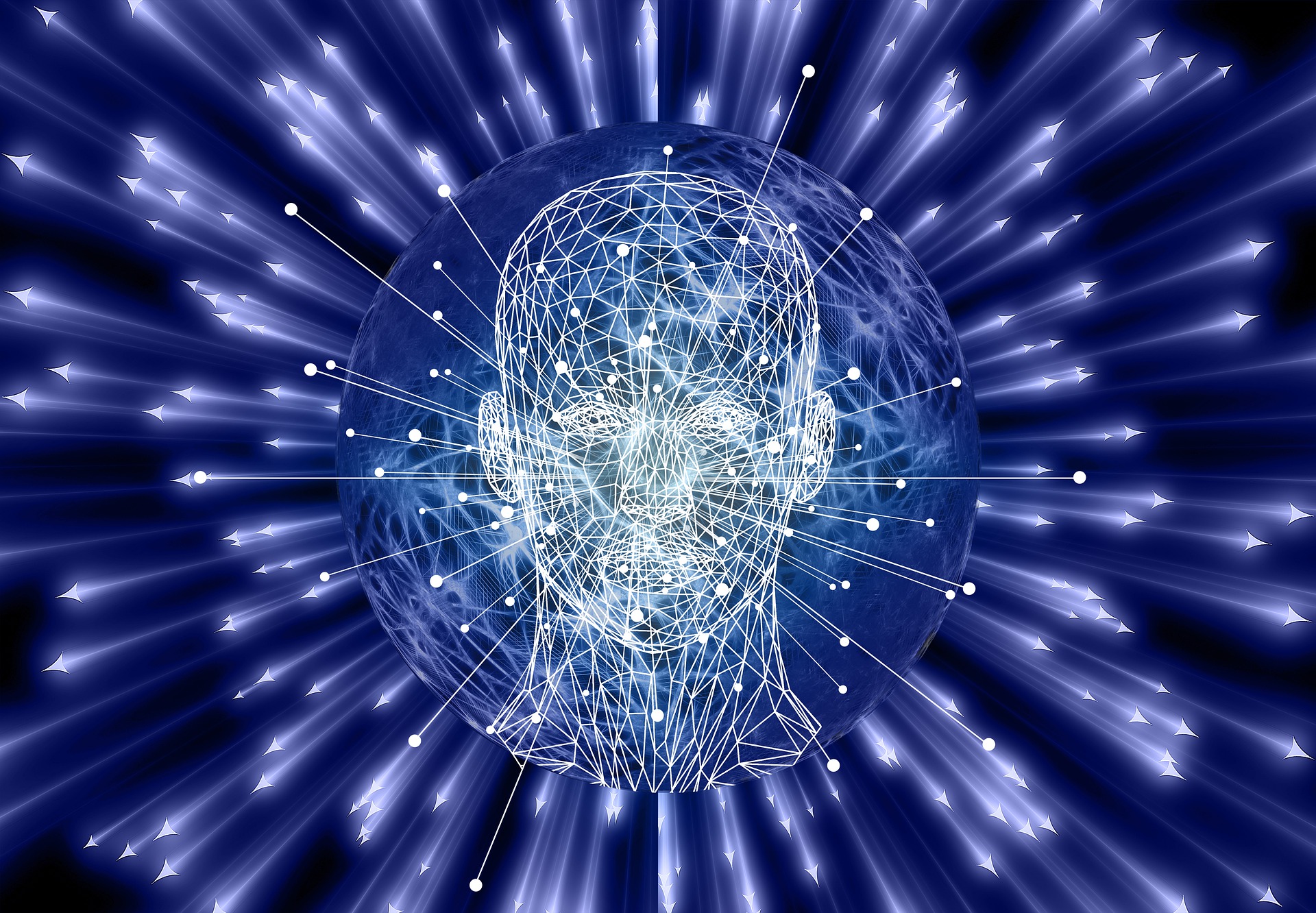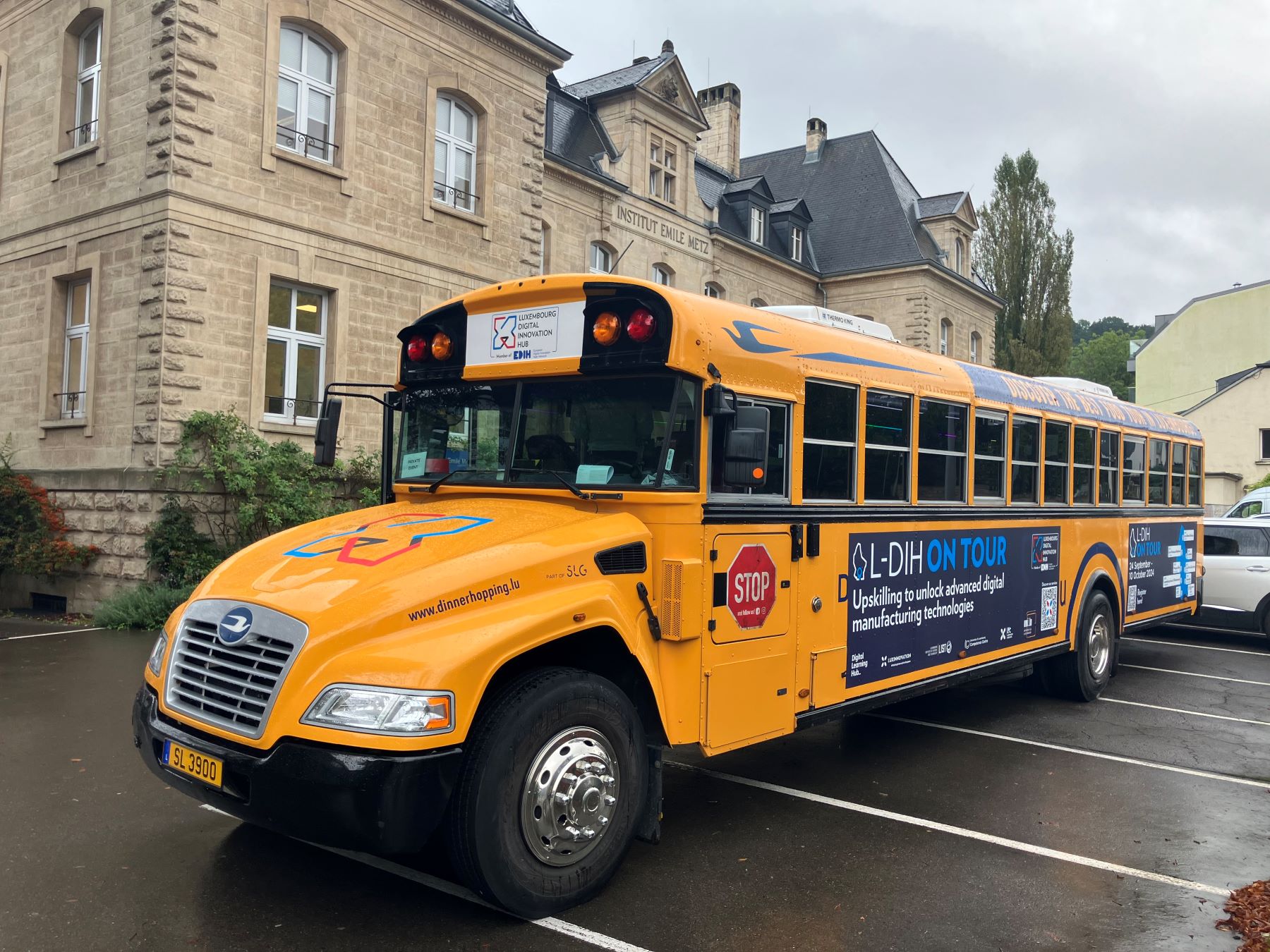Sustainable quality optimization can only work in varied production if the Artificial Intelligence (AI) algorithms recognize and evaluate the changes and automatically derive the corresponding algorithm changes. Changes result from changed processes, products or external influences. Self-learning algorithms ensure this automatic adaptation to changes so that no data scientist has to lend a hand over and over, again. Dynamic and adaptive learning is therefore a critical success factor for the long-term informative value of AI solutions.
Initial Situation
Many production steps are automated in the plant of an international automotive supplier; This also applies to the machining of injection nozzles with the help of spindles. There are almost 20 of these cutting machines for this production step. Although these machines all do the same thing, use the same tools, have the same settings, use the same material from the same supplier, etc., it does happen that - sometimes - one and - sometimes - the other machine produces poorer quality.
Project Description
First, sensors were attached to the machining equipment to measure vibration, temperature, ..... The machine data was recorded over a period of time, including the quality assessment of whether the component is of good quality. 11 quality indicators were evaluated, such as roughness, accuracy, profile depth, ...
Artificial intelligence analytics was applied to the data in order to identify reliable patterns that lead to poor quality.
Prediction algorithms predicted the values of the corresponding quality indicators about halfway through the respective lead and support spindle machining.
Solution
Self-learning artificial intelligence solutions were trained on part of the data. Hidden and multi-layered data patterns were discovered in order to be able to automatically make stable predictions as to which value the respective quality indicator will achieve.
The trained algorithms were applied to unknown data, i.e. data that was not used for training. This verifies whether the data patterns could really be correctly identified.
In the event of process changes, the self-learning algorithm automatically adjusts the forecast model so that no data scientist has to intervene.
For sustainable quality optimization, it is important that the AI learns and adapts itself to changes in the event of changes in processes, products, influences, ... independently - i.e. without the assistance of a data scientist. This is where self-learning algorithms with dynamic and adaptive learning come into play.
Contact
Britta Hilt
Managing Director IS Predict GmbH
Britta.hilt@ispredict
Initial Situation
Many production steps are automated in the plant of an international automotive supplier; This also applies to the machining of injection nozzles with the help of spindles. There are almost 20 of these cutting machines for this production step. Although these machines all do the same thing, use the same tools, have the same settings, use the same material from the same supplier, etc., it does happen that - sometimes - one and - sometimes - the other machine produces poorer quality.
Project Description
First, sensors were attached to the machining equipment to measure vibration, temperature, ..... The machine data was recorded over a period of time, including the quality assessment of whether the component is of good quality. 11 quality indicators were evaluated, such as roughness, accuracy, profile depth, ...
Artificial intelligence analytics was applied to the data in order to identify reliable patterns that lead to poor quality.
Prediction algorithms predicted the values of the corresponding quality indicators about halfway through the respective lead and support spindle machining.
Solution
Self-learning artificial intelligence solutions were trained on part of the data. Hidden and multi-layered data patterns were discovered in order to be able to automatically make stable predictions as to which value the respective quality indicator will achieve.
The trained algorithms were applied to unknown data, i.e. data that was not used for training. This verifies whether the data patterns could really be correctly identified.
In the event of process changes, the self-learning algorithm automatically adjusts the forecast model so that no data scientist has to intervene.
For sustainable quality optimization, it is important that the AI learns and adapts itself to changes in the event of changes in processes, products, influences, ... independently - i.e. without the assistance of a data scientist. This is where self-learning algorithms with dynamic and adaptive learning come into play.
Contact
Britta Hilt
Managing Director IS Predict GmbH
Britta.hilt@ispredict

_1.JPG?width=1800&height=1350&ext=.jpg)
